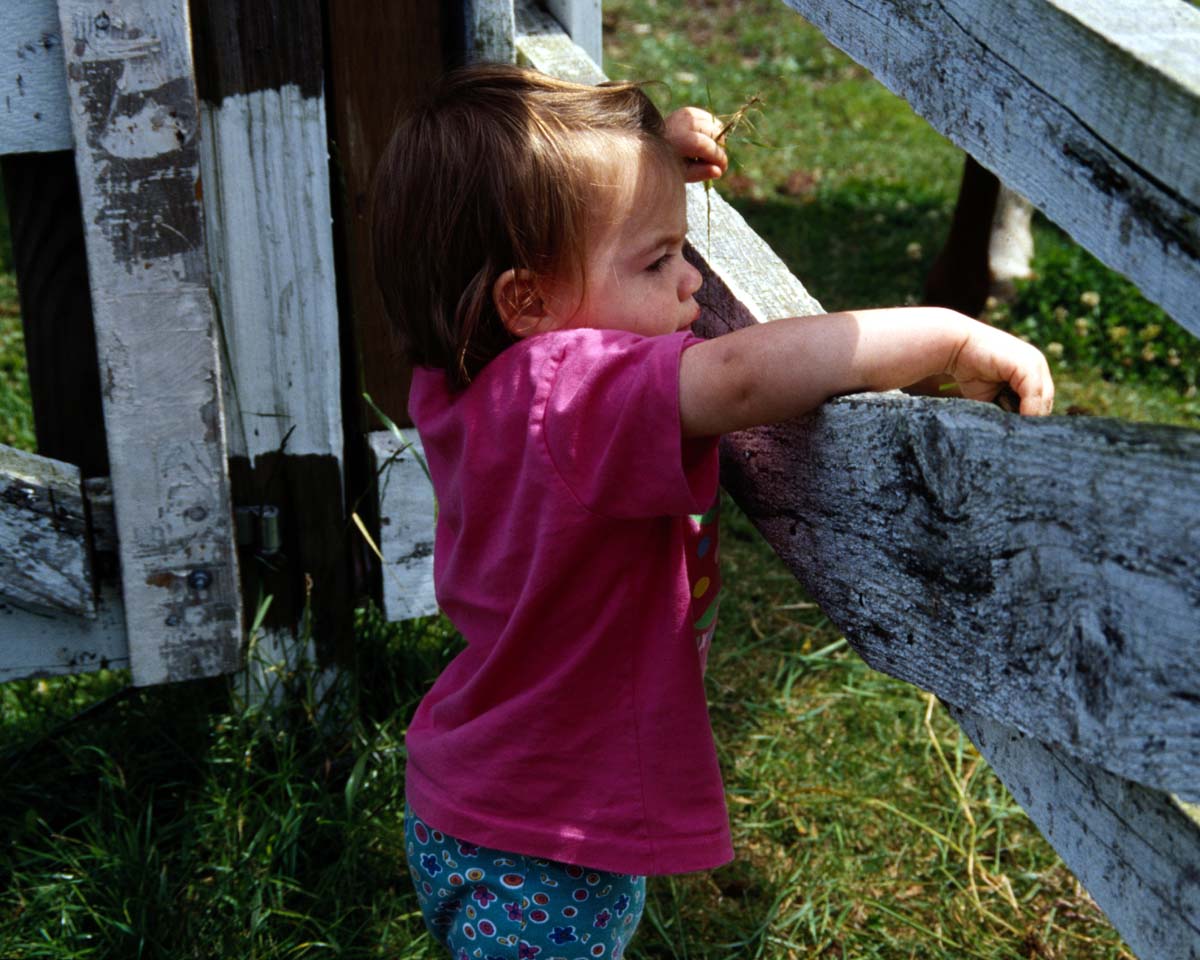If you’re making plans to plant a garden this year, be sure to include the kids. Numerous studies have shown that participation in garden programs can have a positive impact on children’s attitudes toward fruits and vegetables. As part of a healthy eating pattern, fruits and vegetables can help lower risk factors for heart disease and stroke – the number one and four killers, according to the American Heart Association.
According to the American Heart Association’s 2012 Statistical Update, less than 1% of the population, and almost no children in the United States ages 5-19, have “ideal health” as it relates to the Healthy Diet Score and more than 90% of children had poor eating habits. Poor eating habits in childhood can contribute to childhood obesity and chronic diseases usually not seen in childhood, such as type 2 diabetes, and can contribute to the beginnings of cardiovascular disease.
There is significant research showing the health benefits of gardening and educational programs. One study showed that children may be more willing to try vegetables if they grow them. Other studies have demonstrated that after participating in gardening programs, children had a more positive attitude toward vegetables and fruit. Students who initially said they did not prefer vegetables showed an improvement in preferring vegetables after the gardening program.
Children who participate in gardening programs may be more likely to eat vegetables and participation in gardening programs can increase students’ preference for vegetables.
The American Heart Association Teaching Garden Program is part of the organization’s effort to dramatically change the way Americans eat and think about food. Through the program, children create gardens that become real-life learning laboratories for students to learn what it means to be healthy. Aimed at first graders through fifth, children are taught how to plant seeds, nurture growing plants, harvest produce and ultimately understand the value of good eating habits. Garden-themed lessons teach nutrition, math, science and other subjects all while having fun in the fresh air and working with your hands.
Whether you plant a garden at home, in pots on the patio or through a school-based program, getting kids involved is a great way to help them learn about healthier foods. Home or school-based gardening programs can plant the seeds for healthy habits in children.
Source and for more information on healthier kids, including recipes, activities and facts, please visit www.heart.org/healthierkids. To learn more about AHA Teaching Gardens, please visit www.heart.org/teachinggardens .








